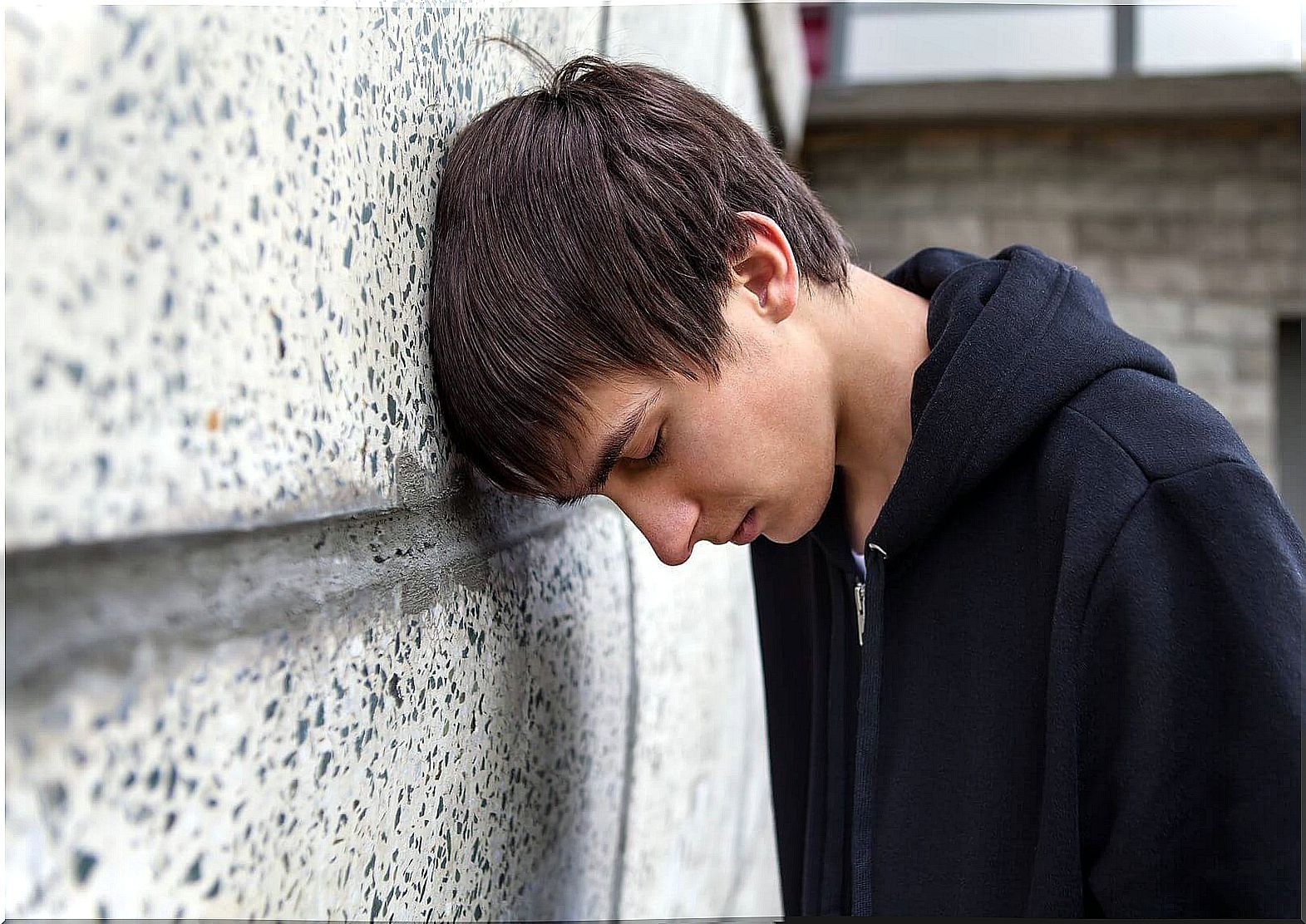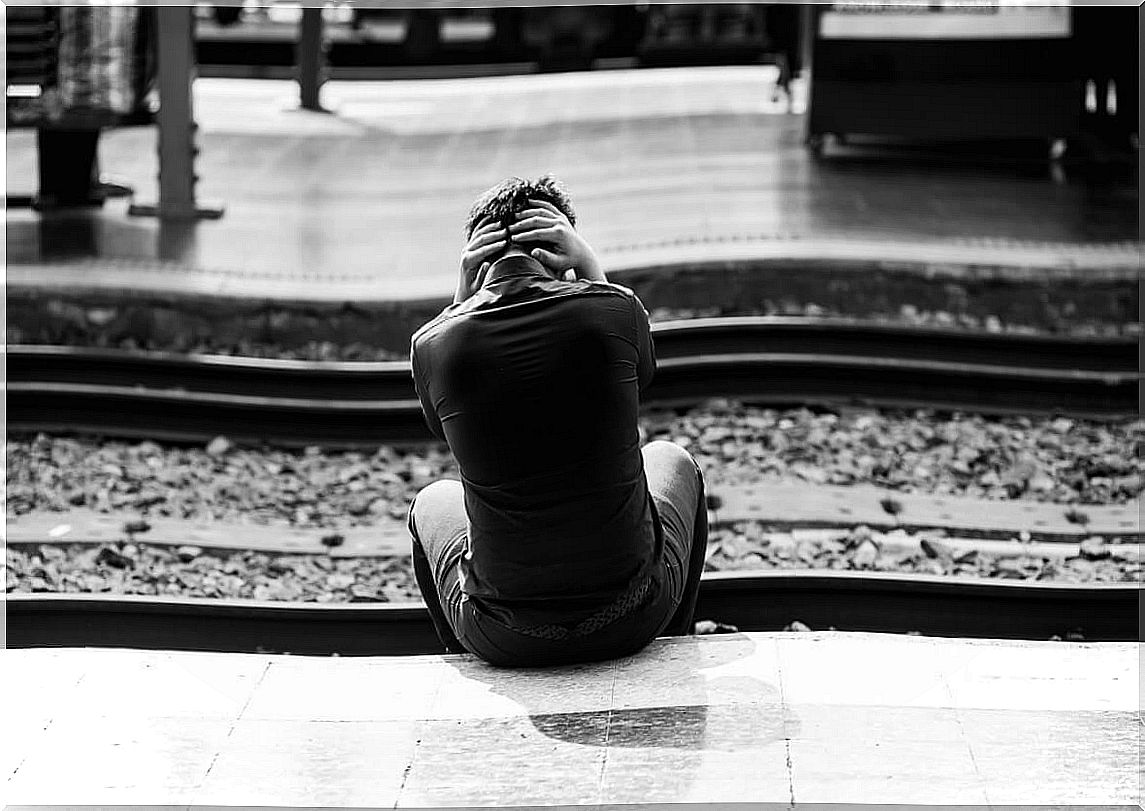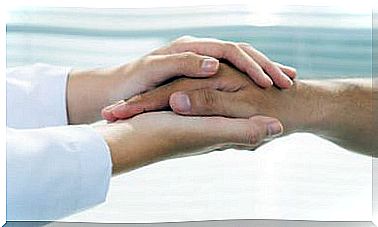The Bitterness Of Repentance

Few people do not regret anything that happened in their life, that there is no small or great aspect that they do not wish they had changed. We have all at some point expressed our regret for a specific act or circumstance.
Unfortunately, until now, we do not have a time machine with which to set a specific date at will, a particular moment to do things again, but in a different way. Living is deciding every day and every moment, it is normal to make mistakes, the essential thing is to learn from them and act in the future in a more consistent way.
But what happens when we constantly live with the bitterness of regret? This is a dimension that is perhaps not so treated within the emotional world compared to others, such as sadness, anger or fear. Let’s see some of its most distinctive aspects.
Regret, the bridge between reason and emotion

The most illustrative thing about this feeling is that we could not define it solely as an internal emotion, regret also thrives on reason. That is, the human being feels that pain because he has made a personal assessment of a past event, concluding that there was an error.
It is therefore a really complex dimension where various emotions and a rational and, on occasions, even moral perspective intermingle. It is an internal judgment that almost always ends up with a feeling of discomfort in the face of what is lost, what has been done or what has not been done …
But what do we usually regret? Sometimes we repent of voluntary or involuntary acts, of hurting a person willingly or unintentionally, when we miss that great opportunity that we did not dare to do due to indecision, out of fear … That fact of the past may not fall solely on you. responsibility, perhaps others are also involved in what happened.
Hence the need to maintain balance, to understand that repentance is already a first step towards forgiveness. Maybe even a small springboard towards the will to want to solve something if possible. And if it is really no longer possible to remedy that fact itself, we must assume it from an integrating perspective, to learn from our actions and continue to flow along a wiser path.
Is it possible to find relief?

Psychiatrists explain to us that people who fail to isolate or integrate that fact from the past into their experiential plane intensify regret, due to a very characteristic error: that of comparing that fact with alternative events. What if I had said yes to that person? What would become of me if I had decided to do that? What if I had been a little braver?
All of this only further aggravates emotional suffering. Studies also tell us something curious: people regret more the negative results derived from actions carried out, than the consequences for not having done something.
In other words, the acts for which we are responsible and that have caused pain hurt more than those in which, having had an opportunity to do something, we did not have enough strength to undertake it. And it is understandable.
Things that no longer have a solution must be assumed, and not continually obsessed with imagining what our life would be like if we had acted differently. The assumption, integration and acceptance are essential to move forward and find our balance.
Now, if your regret is for something you did not do, something you did not say … you must ask yourself a simple question, is there still any possibility of solving it? Sometimes regret is a door to renewed motivation, it is never too late to open it again.









